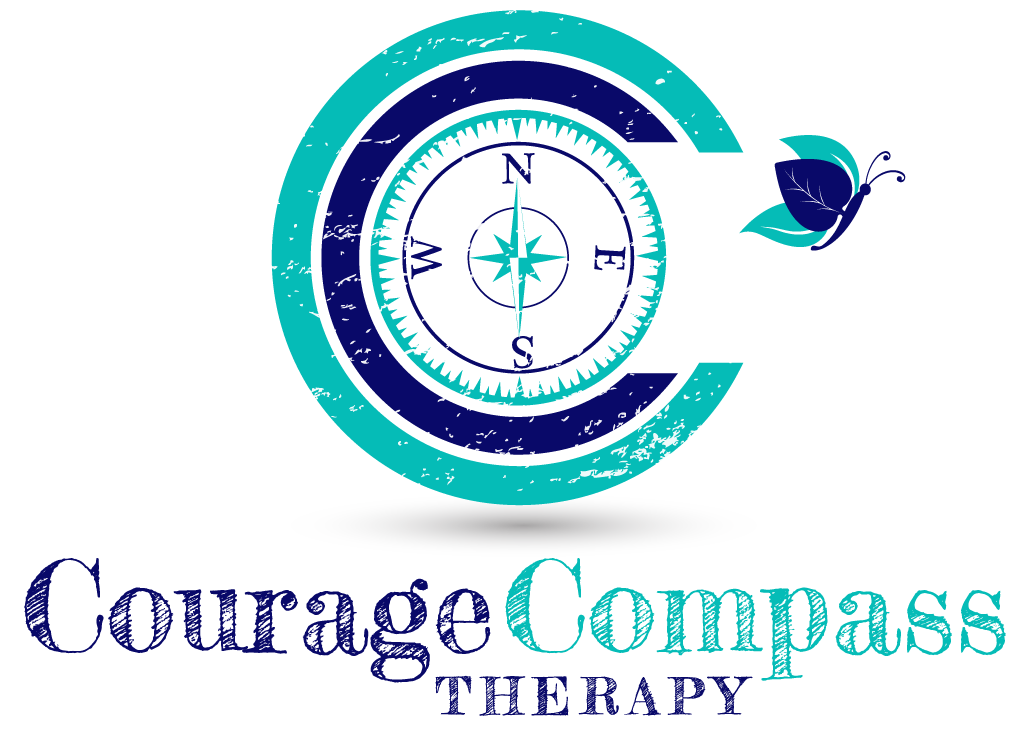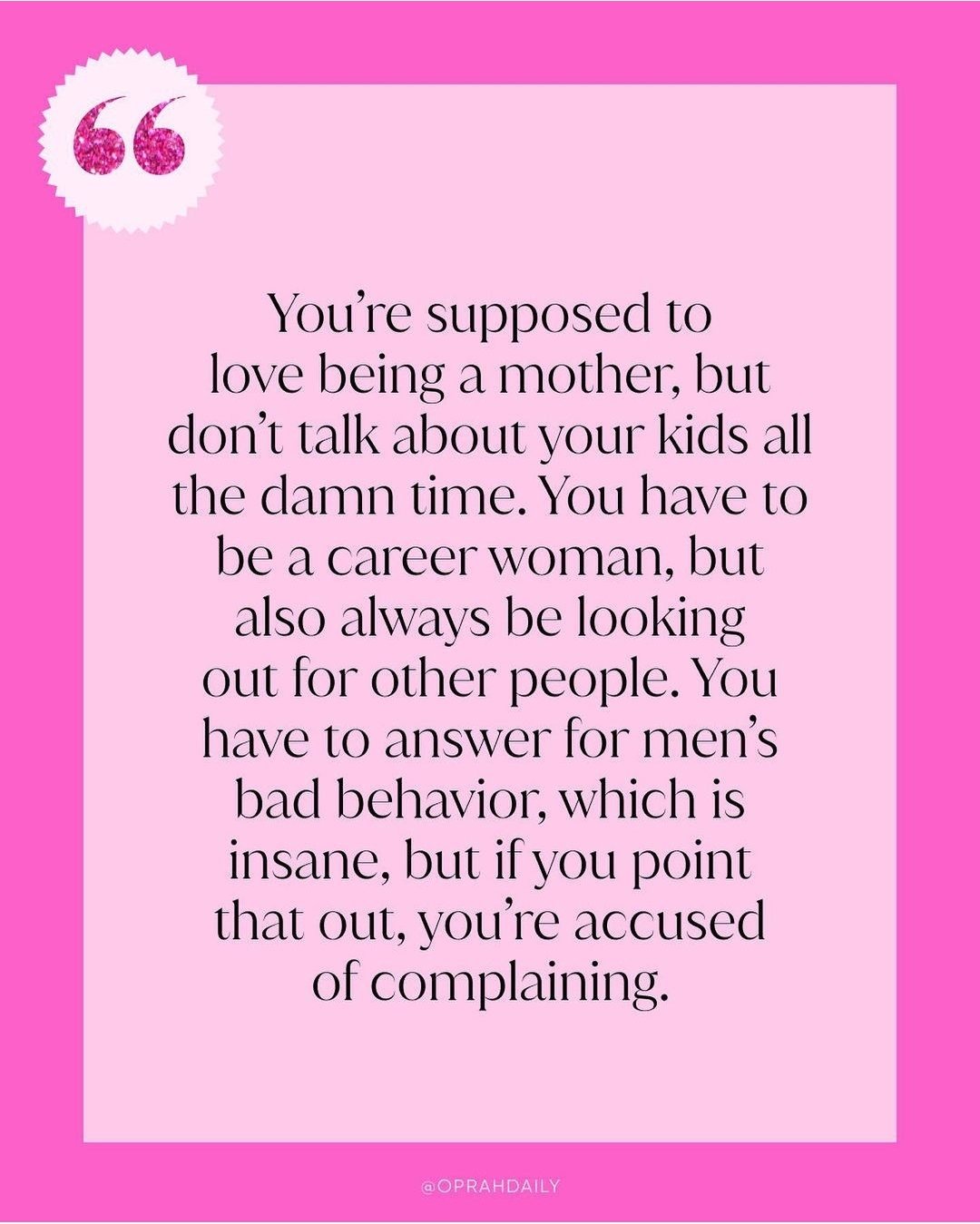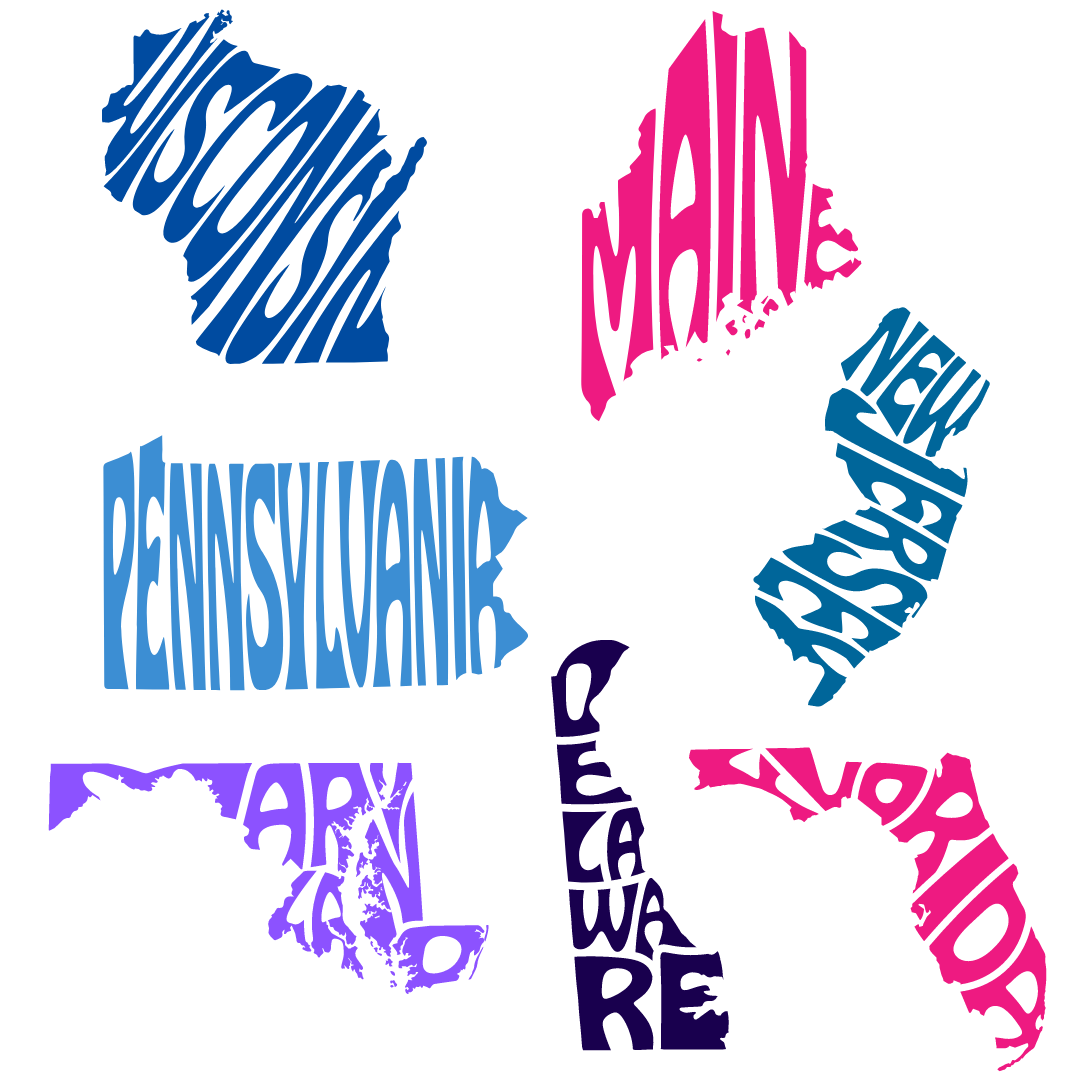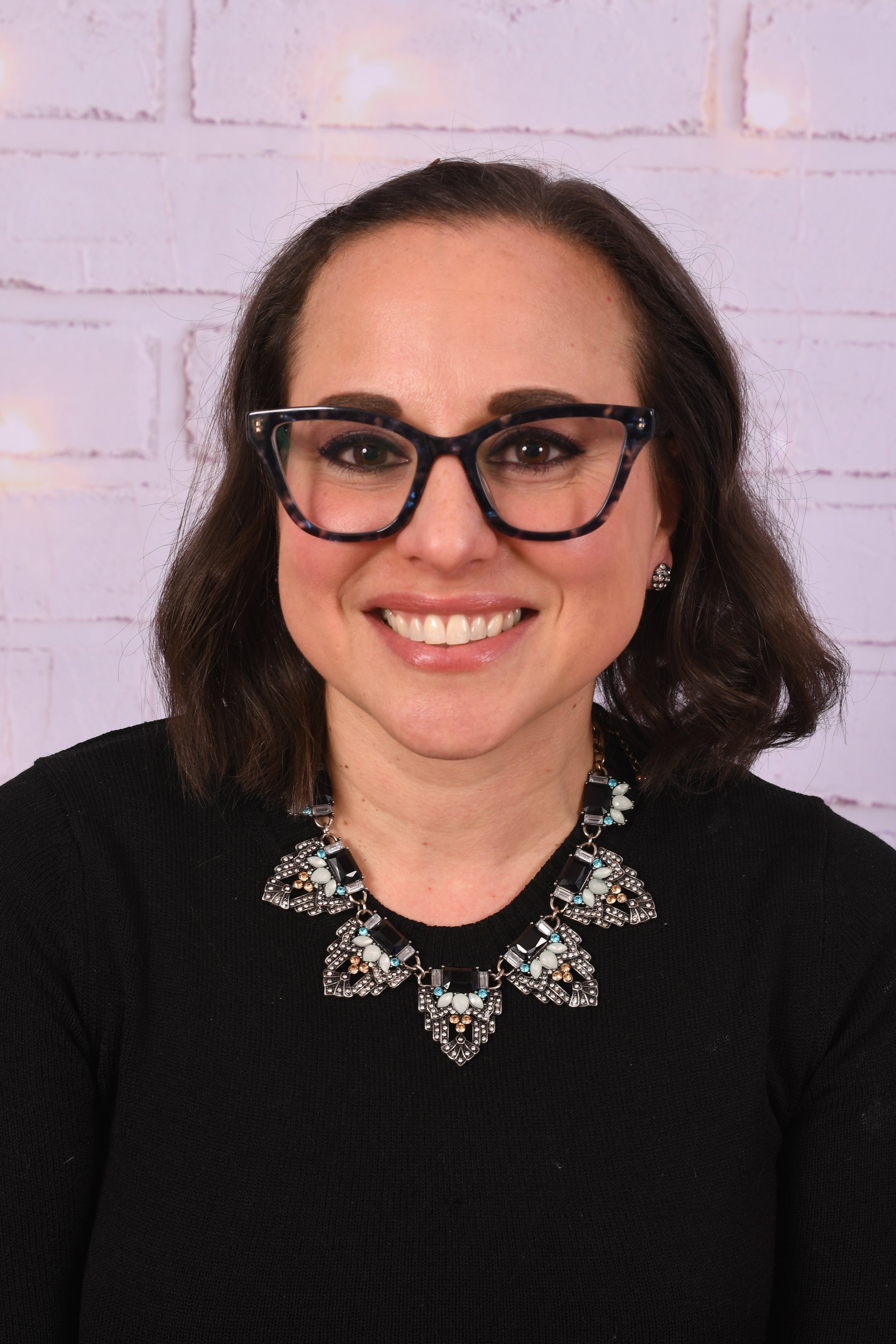Anya Surnitsky | Licensed Clinical Social Worker
Certified Daring Way™ Facilitator | EMDR Trained Therapist
Certified Clinical Trauma Professional Level II
“So much of our communication can reflect our need to control. We say what we think others want to hear. We try to keep others from getting angry, feeling afraid, going away, or disliking us. But our need to control traps us into feeling like victims and martyrs.
Freedom is just a few words away. Those words are our truths. We can say what we need to say. We can gently, but assertively, speak our mind.
Let go of your need to control. We do not need to be judgmental, tactless, blaming, or cruel when we speak our truths. Neither do we need to hide our light. Let go, and freely be who you are.”
Hi, I'm Anya, and I'm imperfect and enough.
It took me years to be able to say (and believe) that I’m enough. I’m a person first, then a therapist, and I recognize the humanity in each person. You are a person, not your symptoms, particular diagnosis, or what happened to you. When I’m more focused on others’ perceptions of me, I now know that it takes me out of my authenticity and integrity. I’ve come, and strive to stay, at the place of speaking my truth and being who I am from a place of integrity and respect.
When we’re focused on others’ needs and feelings all the time, we become disconnected from ourselves. This makes it really difficult to connect with what makes us unique, what our needs are, and how we feel about things (even if others don’t agree). The discomfort is most palpable with questions like, “So tell me about yourself.” If you’re not sure what to say, and it conjures a deer-in-headlights feeling— you’re not alone.
Here are some things I would say about myself that are specific, descriptive, and indicative of who I am and what I like. Depending on the audience, I would add or subtract many of these epithets: I’m a wife, mom, daughter, sister. A trampoline lover, podcast listener, a book hoarder, a makeup junkie, (costume) jewelry collector, high heel admirer, coffee connoisseur, and 90’s music lyric expert. I am enthusiastic and sarcastic, athletic and feminine, and a Philly sports fan.
Why am I telling you all of this?
If we (you and me) don’t have a connection, you won’t be able to feel safe, which usually blocks the change process. While being a therapist is my profession and I consider conducting myself professionally very seriously, therapy is personal. So. personal. It’s a vulnerable place and can feel so scary, intimidating and overwhelming in the beginning. It’s so personal that I might not even be the therapist for you. You need to find the place where you can exhale with relief and find refuge in the freedom to speak openly. Even more, the therapeutic relationship is often one of the most healing elements of therapy and is the best predictor of successful outcomes regardless of what type of therapy is practiced. Sharing some personal information and details about myself with you may help you feel more comfortable and more familiar with what I’m about.
Image courtesy of #oprahdaily
I know what it’s like to try to be everything to everyone and I’m no longer here for it. If you’re feeling the difficulty of not being “enough” in any role in your life— parent, professional, partner, friend, etc.— I hear you. There are different ways to move forward even if you can’t see that path clearly right now.
My style is a mix of recognizing our common humanity, having a sense of humor combined with sensitivity, and authentic compassion. Most importantly: never judging. No one wants to be judged; if there are behaviors that cause you shame, there is a reason and a function for those that we will carefully explore.
So often, people I meet with are so used to focusing on others’ needs that opening up and talking about oneself is hard or may feel weak. But you don’t ALWAYS have to be the strong one. Strong people don’t always feel the strength others see; they need support too, but often don’t know whom to ask or where to start.
I’ve learned to able to show up and be seen as I am, imperfections and all, with people who have earned the right. It’s counterintuitive that being more vulnerable leads to more freedom, but that is the key. When you can claim the freedom to be your own authority, you will find such relief. I show up that way in session too; I am a real person, and a therapist. Knowing that, you can rely on me and know what to expect. With all of the unknowns and uncertainty that go along with anxiety, it’s important to feel a sense of certainty about this.
In what states am I licensed to practice?
Pennsylvania
Delaware
New Jersey
Maine
Wisconsin
Florida
Maryland
Common themes among my diverse clients:
A strong sense of justice.
Integrity and honesty, yet struggle with authenticity due to fear of being judged.
Emotional pain that is hidden/masked through various activities, behaviors, or substances.
A person people seek out for support, but often struggle to find the same. Thus they feel alone.
Overthinking
“I don’t always want to be the strong one,” but often feel there is no other choice.
Wanting to give others what they have never received themselves.
Struggle to set boundaries due to the fear of being “mean.”
Other people have suffered more, so it feels selfish to complain or ask for help.
You do not have to go it alone.
Most people that I see have tried everything that can to solve the problem on their own. Not being able to “fix yourself” IS. NOT. A. FAILURE. Please read that again. You just can’t outrun and outsmart everything when it comes to childhood hurts, unconscious beliefs, and overwhelming feelings. Can a heart surgeon perform open heart surgery on his own heart?
Performing this never-ending hustle day in and day out can get very lonely. How ironic is it that we feel alone in this struggle when so many experience it? I am driven to help increase connection, normalize imperfection, and reduce feelings of loneliness and isolation.
My Why
I do this work because I walk the walk, not just talk the talk. My personal and professional values are aligned which lead me to practice with integrity. You’ll find me striving for connection, improving the world for future generations (helping today’s adults so that our children can grow up in a better world), and practicing courage in myriad arenas. We all want and need connection; to be seen and feel heard because this means we are known. The comfort and safety that those provide is unmatched.
One of the first things that I want to address in therapy is reducing your unnecessary suffering. Much of our suffering is inevitable; let’s take the unnecessary off of your plate. That can provide quick relief, which is why you came to therapy in the first place, right?
Also my why: what I hear clients say as they step into who they are
“I thought I had to respond the way people wanted me to, and if I didn’t, I deserved everything that came after that.”
“I believed everything my anxiety told me. There was no questioning that because that’s how I kept myself safe.”
“I can’t expect any change or positive growth if I can’t remind my body that it’s safe.”
“I didn’t have to hustle or hide parts of myself once I experienced a mindset shift. I had been trying to cultivate a presence instead of just showing up.”
Therapy Misconceptions
On a list of “Places people want to go the LEAST,” therapy may come in #2, after the dentist. As humans, we avoid pain and seek pleasure. We’re wired to do so. It is common for people to assume therapy will be awful, painful, too vulnerable, too annoying, too judgy, etc. I can’t speak for dentists about how they may address patient discomfort. What I can tell you about therapy is a reiteration from the above: I strive to help you feel safe and comfortable. We go at a pace that makes sense for you. My job is not to give you advice, tell you what to do, or tell you what you should have done. Therapy is not a place to tattle on family and friends. While it is a place to vent, we want to build on that. It’s a collaborative experience where we explore the issues that are bothering you, where they may originate from, and how we want to address the intersection of those two things. More about this below in My Style.
What is a Courage Compass?
I developed the name Courage Compass Therapy for my practice because I felt it was the exact phrase that speaks to what I do and how I approach our time together. We will help you find YOUR direction by tapping into your own needs, values, and goals. You will find a way to use your courage as your compass. Your bravery combined with your fear helps you to do it anyway despite the self doubt. This helps you grow and expand to a level you never thought possible. Everyone's compass is different, as everyone has his or her unique path. We'll work to discover yours, literally.
This is my Signature Service. I’ve developed an exercise for you to develop your own compass on paper so that you know HOW to live (not just speak) your values, get your needs met, and feel the way you want to feel. You will have something concrete in your hands that spells out the actions you want/need to take and why.
In order to start to detach from the ball and chain of achievement + performance + praise= perfection, courage is a necessity. It’s time to take back the wheel, and gain control of the direction of your life. You can be in the driver’s seat of your own life instead of allowing others to choose the course.
The Daring Way™
I was drawn to be trained and certified in The Daring Way™, a curriculum based on the research of Dr. Brené Brown, because it provides a method and a path for a way through this muck that makes sense. In a nutshell, it provides exercises to help you learn what triggers your shame, how you react to shame, and how to move through it in a healthier way. Shame, as it is defined in the curriculum, is the idea that you feel flawed, and therefore unworthy of love and belonging. This work helps us to know what it takes to SHOW UP | BE SEEN | LIVE BRAVE™. We tend to stay out of the arena when afraid. This avoidance is what perpetuates the hustle.
The work was life changing for me and I believe it can be for you as well. My path is not your path, but I’m happy to share with you what I’ve learned to make your journey a little lighter. We’ll find the tools and strategies best suited to you to get you the relief and hope to finally exhale when you think about your life.
My Style
I’m not one of those therapists who sits back and says, “mm-hmm,” or “how does that make you feel,” the way some have been depicted in the media, or how some of your friends or family may have described their experience in therapy. In fact, recent portrayals of therapists in TV shows make me cringe- that is not like what therapy is like at all, at least in my office.
I push my sleeves up and I’m interactive with you from the start. Pete Walker, a therapist, author, and trauma survivor calls this being “dialogical.” We will develop a rhythm and a routine that’s unique to you and what you need. A dialogue. I can introduce topics, ideas, tools or strategies that are relevant to where you are in your life. I'm open to feedback so that we can ensure you are getting the most out of your time. Remember, this is PERSONAL. Everyone needs something different. I get that, and we’ll find what you need to feel comfortable.
Credentials
I hold a Master’s degree in Social Service (MSS) from Bryn Mawr Graduate School of Social Work and Social Research, a Master’s degree in Public Health (MPH) from Drexel University School of Public Health, a Bachelor of Arts degree (BA) in Psychology and Spanish from Haverford College. I am a member of the National Association of Social Workers (NASW).
Specialized training
Certified Daring Way™ Facilitator, a curriculum based on the research of Dr. Brené Brown.
EMDR trained
Ego state therapy with EMDR (Robin Shapiro, Janina Fisher, Andrew Seubert)
Childhood Emotional Neglect with Jonice Webb, Ph.D.
Certified Clinical Trauma Professional Level II (Complex Trauma)
Certified in the Safe and Sound Protocol (SSP)
>>> If this jargon doesn’t do anything for you, it’s trade speak. I try to leave that out of sessions and just be real. The bottom line is, I have taken my education and training very seriously in order to practice ethically, effectively, and efficiently.
What do I do when I'm not following this dream?
In doing this work, I've learned to live my life with intention, and really engage in activities that align with my values of courage, respect, connection, and reciprocity. How does that play out? I enjoy discovering new recipes with a bit of resistance to following all the directions, and if they are good, serve them at family gatherings. I love checking out new "fun places" with my family, playing with our dogs, and generally activities that involve making memories and taking pictures to document our lives. I enjoy meeting up with friends to truly connect and listen to what's going on in their lives and share what's going on in mine (pre and post COVID). Bottom line: I like to pursue activities and experiences that enhance my connection with others.
Courage Compass Therapy at Park Center Wellness
1025 N. Easton Rd. #1002 • Willow Grove, PA 19090
267.209.0795 • anya@couragecompasstherapy.com








